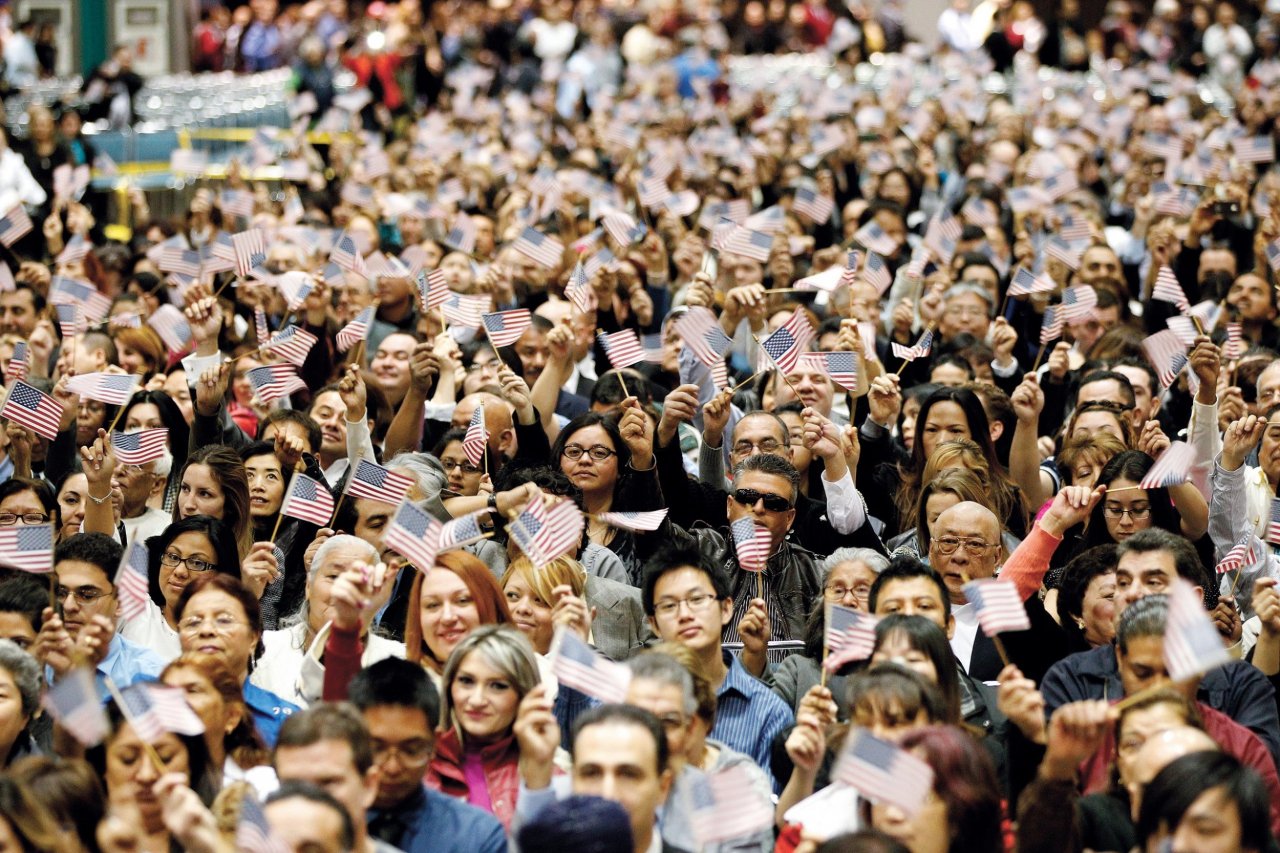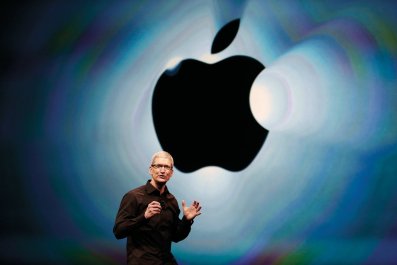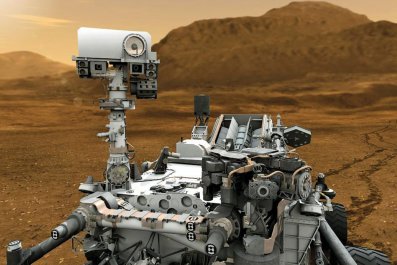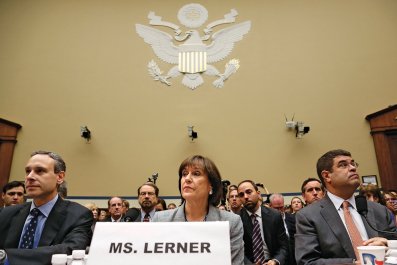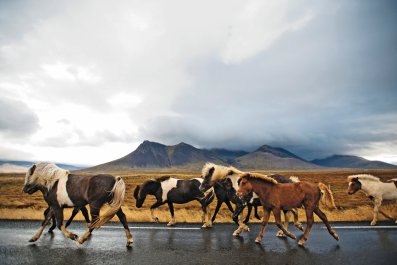IN THE darkest days of the Great Recession, Joel Kotkin wrote that "America is a country founded on and sustained by optimism." And when his book The Next Hundred Million: America in 2050 came out in 2010, many readers found its upbeat predictions implausible. But as economic numbers in the United States continue slowly, steadily to improve while the European Union's continue their shaky decline, Europeans are looking to Kotkin for ideas. The key, in his view, is demography. "In stark contrast to its more rapidly aging rivals," he writes, "America's population is expected to expand dramatically in coming decades." By 2050 there will be at least 400 million people. Yes, they will make the country "a complex, crowded, and competitive place," blending, often uneasily, into what Walt Whitman called "the race of races." But the American mix has always advanced through the power of innovation. The Old World has never come to terms with its need for immigrants; never really shared with them a sense of optimism. So the French journal Futuribles writes somewhat ruefully that by 2050 the United States "very likely will remain the only real superpower in terms of society, technology and culture."
The Next American Century: The Power of Immigration
